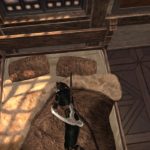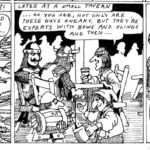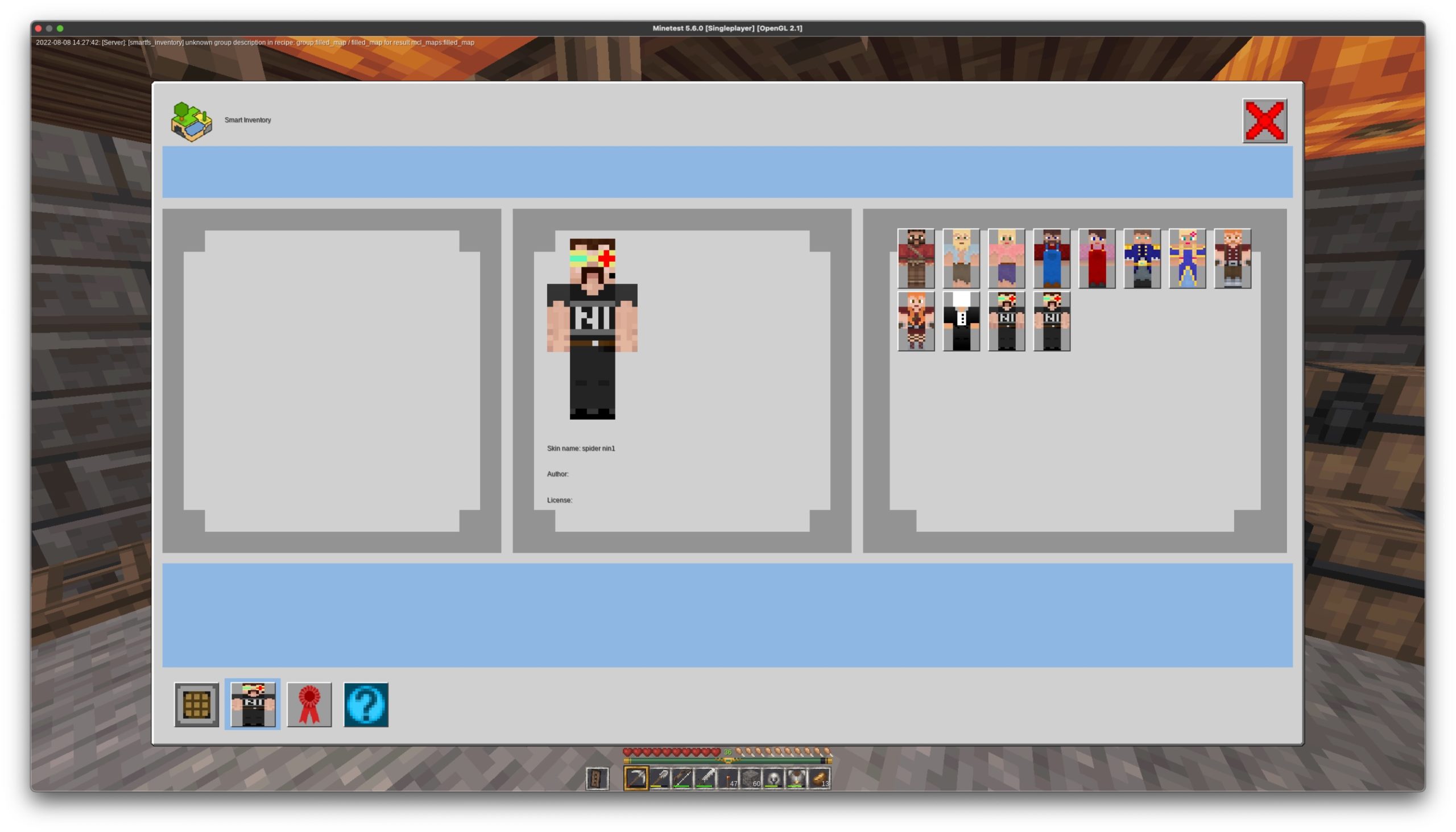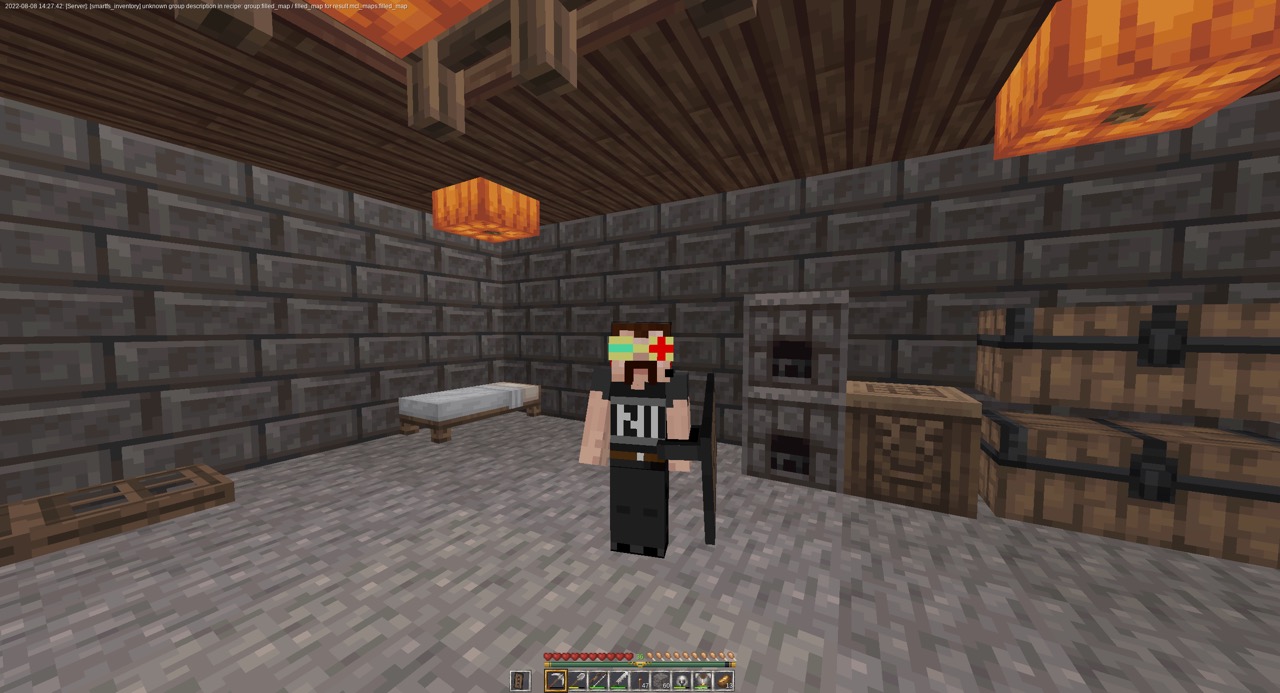Was Hasbro/Wizards of the Coast bought by Microsoft? They're calling the next edition of D&D, 5.5 in any reasonable terms, "One D&D", just like Xbox One (third of that line).
To some extent I don't care, I don't do 5E, it's 1000 pages of rules to do what retro games do in 64 or less. But I keep up with the news!
I will note, I tried to sign in with Apple, and it failed on their end, untested crap code. So I signed in with Twitch, which makes no sense at all. That they can't manage their own sign-in and need oauth, eh, fine, but at least test every one!
"Unearthed Arcana" (the shittiest AD&D book, revived for 5E!), "by Jeremy Crawford, with Christopher Perkins and Ray Winninger". Well, Ray's a bright point, at least. But I'm guessing there won't be anything like Underground in this pablum.
Right now there's Character Origins up.
Superhero monster races, but now nothing mentions that your culture is mostly chaotic or evil. Human, Dwarf, Elf, Gnomes, Hobbits alflings, as usual. Dark Elves are only called Drow, and nothing mentioned of the ALL ARE EVIL except for unspoken reasons these jerks "shun":
Drow. Known for their white hair and dusky- gray skin tones, drow typically dwell in the Underdark. Noteworthy exceptions include DRIZZLE DOO-WAH-DIDDY and JAR-JAR BINKS [ed.], two drow adventurers of the Forgettable[ed.] Realms who shun their subterranean homeland.
I often forget just how Disney-level singing-and-dancing treacly sweet official TSR/WotC/FR stuff is, the "Halflings" are all happy farm workers, not the grubby, thieving, murderous, sawed-off, shoeless scum of Mary Gentle's Grunts or JD's Finieous Fingers. Oh, under "many worlds":
For every sequestered halfling shire tucked away in some unspoiled corner of the world, there’s a halfling crime syndicate like the Boromar Clan on the world of Eberron or a territorial [ed: cannibalistic] mob of halflings like those found on the world of Athas.
Ardling (animal-headed god-spawn):
An ardling gains a measure of magical power from their celestial legacy, as well as the ability to manifest spectral wings. An ardling’s moral and ethical outlook is self-determined, however, not fixed by ancestry.
Fucking Dragonborn. I hated DragonNewts in RuneQuest, clearly Stafford just powergaming and almost jerking off into the page over his immortal lizard-babies, and they're just the worst PCs or NPCs in any game that's picked them up since. Why don't people steal Ducks from RuneQuest?! Ducks are awesome, hilarious and petty and venal little shits, and not OP fan-wank. Anyway, I get distracted. Fuck Dragonborn (except scalies, quit fucking Dragonborn).
Orcs. As previously mentioned. Heroical but not nice background somewhat implied, which is about as strong as WotC can be anymore:
Young orcs are often told about their ancestors’ ancient conflicts with elves in forests, dwarves under mountains, and invaders from evil planes of existence. Inspired by those tales, young orcs often wonder when Gruumsh will call on them to match the heroic deeds of their ancestors, and if they will prove worthy of the One-Eyed God’s grace.
Tieflings. Like the Ardlings:
This connection to the Lower Planes is, for better or worse, the tiefling’s fiendish legacy, which comes with the promise of power yet has no effect on the tiefling’s moral outlook.
While I don't like the monsters-only-party tone of this stuff, I have nothing against Ardling & Tiefling characters for high/stoner fantasy games, they're OP but they fit. We all liked Thundercats. The wussing out of Orcs & Drow is, sigh, sadly necessary, to quit giving shelter to actual fucking racists.
I just adamantly oppose making a monster race like Dragon-spawn into PCs. That's a KOS (Kill On Sight) monster, as in Dragonlance. OH! They're doing Dragonlance (Railroad Choo-Choo!) as next year's campaign setting. Awk…ward. Run a few Draconians ("DRAGONMEN" as DL1-Dragons of Despair called them) up against the party, see how they feel about hanging out with a scaly traitor. And KENDER! Oh, here's a nuclear hand grenade character to throw into parties of unsuspecting 5E noobs. Suddenly the railroad becomes more of a trainwreck, and I'm keen to watch it explode.
None of the "races" (which term they should abandon for "Species" as I do, or "Kindred" as Ken St. Andre does) have any stat mods, but most do give advantage on saves for 1-3 stats, which is like a +8 stat mod (giving a +4 bonus, equal to advantage) mechanically, so it's far far worse. Total fail on toning down the species superiority complex.
Backgrounds are careers, and give ability score bonuses, proficiency bonus to some skills & tools, feats, and equipment. They're like a whole second class. There's a weak version of these in the 5E rules, but much more powerful here. Who cares if you're a Human or an Orc, when Gladiator or Laborer makes you a tank; I will say at least they mostly paired one useful stat with a dump stat (WIS or CHA), but several add to two primary stats, and have a synergistic feat. Laborer's trivial, right? No, it gives +2 CON, +1 STR, Feat Tough (+2 HP per Level), for a total of at least +3 HP per Level. Cultist gives +2 INT, +1 CHA, Magical Initiate (+1 Arcane 1st level spell/day). Backgrounds just went from optional cute story thing, to more meta than race.
Feats are pretty standard, but several are extremely easy to abuse and get too much power from, at least on an OSR-scale. Against other 5E stuff, it's probably nerfed a bit, but getting a free Feat from background is the problem.
Spells are now merged into just 3 lists, Arcane (magic-users, spoony bards, etc), Divine (useless clerics & racist paladins), and Primal (hey nonny nonny dancin' skyclad in the woods rangers & druids). That's actually a good change, back to the simplicity of OSR. Of course, what's even simpler is deleting Clerics and having one spell list, but WotC's not ready for that yet. "Two D&D" in 2030, perhaps.










